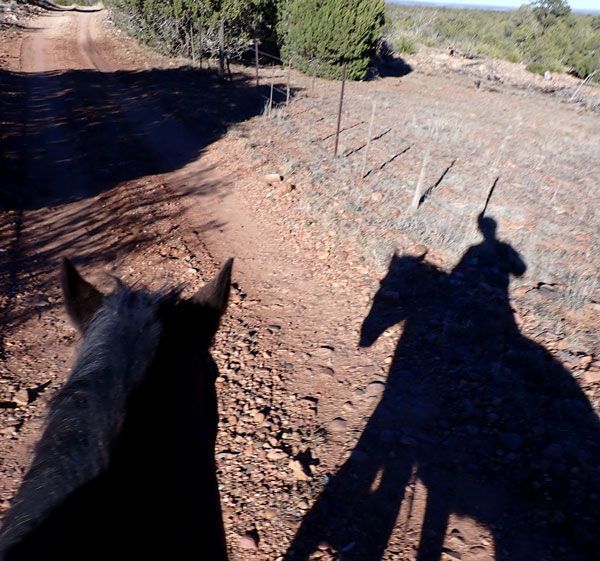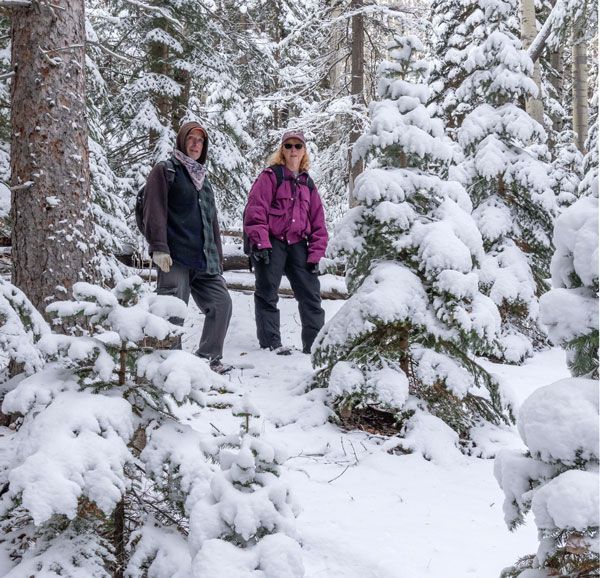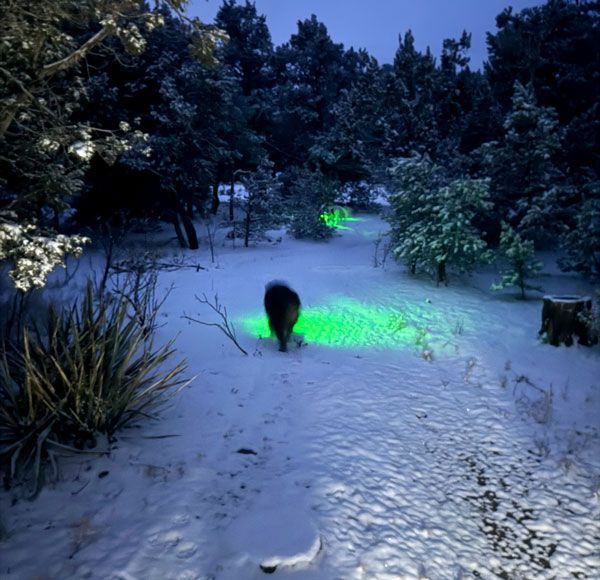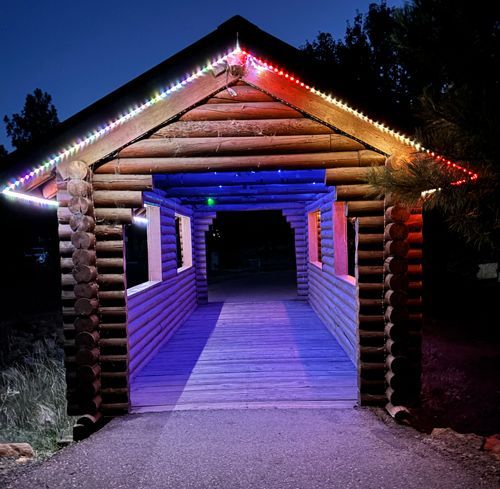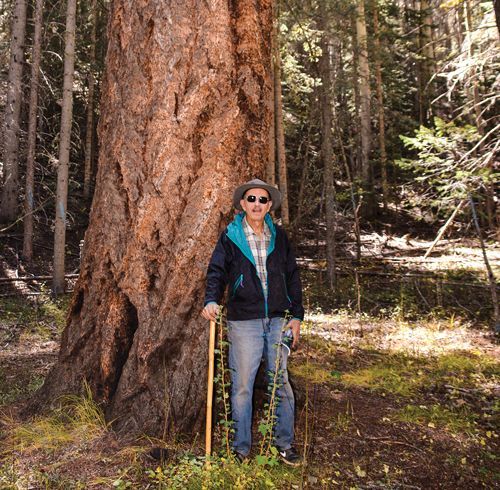Tarantulas Blinded by Love

Why did the tarantula cross the road? Sound like some witty riddle with a clever answer? Not quite.
This time of year, brought on by the higher humidities of late monsoon season, male tarantulas come out in search of love. When temperature, time and humidity are right; male tarantulas will be out actively searching for females in their burrows in order to mate with them. For a male tarantula, time is ticking. Not only the clock to winter but their mortal clocks.
For male tarantulas, they are only able to mate during the final molting phase of their life. In this molt, they develop special legs that aid in breeding. Once they develop these, they will no longer molt but simply perish. For a Desert Blonde tarantula, a common species in Arizona, males may not reach this stage until a staggering age of 10-12-years-old! For a male tarantula, at this point in their life, time is of the essence and they will cover long distances to find a mate.
Most of my tarantula sightings are a quick glimpse at 55 mph as the tarantula slips between my tire tracks. To the observant driver, through the lower elevation mountain highways around the White Mountains, you can catch a quick view of a tarantula crossing the road with intent. Hard to see at first but once you know what you are looking for, they stand out quite well. You may be surprised by just how many you drive by and may even inadvertently crush with your tire treads. I always do my best to avoid hitting the tarantulas as they are just looking for love. I have always wondered if someone has made a clever “I BRAKE FOR TARANTULAS” bumper sticker.
Although big hairy spiders may invoke a whole swath of negative emotions for many people, our tarantulas here in the desert are essentially harmless. Though they do possess venom-packed fangs, the primary use for these is to subdue insect prey. The tarantula species of our desert are generally quite docile and able to be free-handled by experienced (or brave) people. There is generally little risk of envenomation via tarantula. When heavily provoked, a tarantula resorts to leg raising and fang exposing intimidation techniques rather than confrontational measures.
A tarantula’s more combative defense technique is slightly more intrusive. Tarantulas, which are covered in a type of hair, will rub these hairs off of their abdomen when threatened. These tiny hairs can float and irritate the skin, eyes, mouth or nose of a would-be predator. They are referred to as “urticating hairs.” Although a real annoyance, they are nothing to be gravely feared.
Monsoons are an excellent time for viewing, as the males are highly active in search of mates. However, this is contrary to their behavior for most of the year. The Desert Blonde tarantulas are a burrowing species of spider that spend the vast majority of their lives in a solitary covered burrow. From this burrow, they rarely leave unless necessary to hunt. When males are searching for females, they are actually searching for their burrow entrances where they attempt to coax a would-be lover from her burrow.
For the next several weeks, on the highways down below 7,000 feet in elevation, keep an eye out for small black critters crossing the road. You might just get a quick glimpse of a male Desert Blonde tarantula on his big trek across the desert in search of a mate. I always do my best to attempt to yield the right of way to these eight-legged natives, blinded by love.


